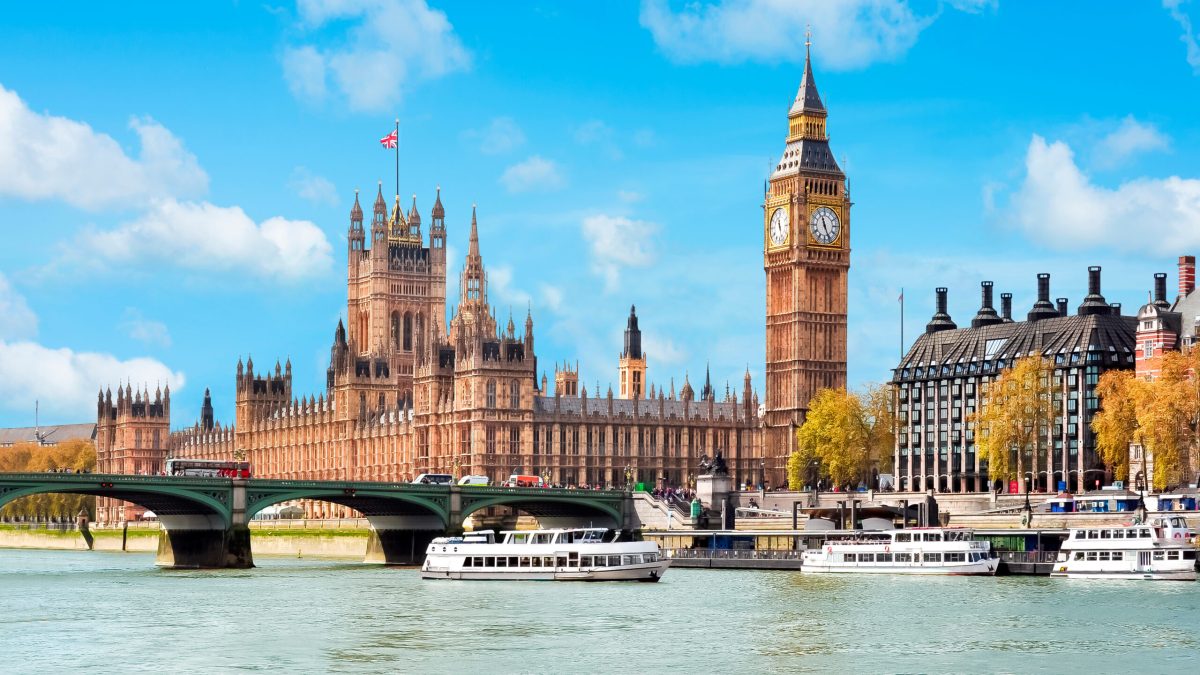Chancellor Rachel Reeves is set to deliver Labour’s first budget in 14 years on Wednesday, October 30.
The speech, expected to begin at 12:30 UK time, will be closely watched, especially by opposition leader Rishi Sunak, who will respond immediately after.
With a £40 billion shortfall in government finances, the Treasury has signalled that difficult decisions must be made to prevent a return to austerity.
Reeves will likely explore various tax reforms, raising significant funds while attempting to stay true to Labour’s election promises.
Balancing government finances
The UK Treasury revealed that government borrowing had surged to £16.6 billion last month—the third-highest September figure on record.
Higher debt interest payments and public sector pay awards have exacerbated the financial strain.
Reeves faces the formidable task of filling a £40 billion gap to avoid breaching Labour’s self-imposed fiscal rule of balancing day-to-day spending with tax receipts.
Labour has committed to not raising taxes on “working people,” specifically pledging not to increase VAT, income tax, or National Insurance (NI) for employees.
However, businesses may not be so fortunate, as several potential tax hikes are on the table.
What could be announced in the budget?
National Insurance contributions
One of the most closely watched areas in the upcoming budget is National Insurance.
While Labour’s election promise assured no increases for employee NI payments, Reeves has refused to rule out a rise in employer contributions.
Currently, employers pay 13.8% NI on workers’ earnings. Speculation is rife that changes to pension contributions—currently exempt from NI for employers—may be under consideration.
Businesses have warned that any increase in employer NI will hurt hiring and job creation, but the government is under pressure to find revenue without breaking its electoral promises.
Inheritance tax
Inheritance Tax (IHT), currently set at 40% on assets over £325,000, has become an increasingly lucrative revenue stream.
Since April, IHT has brought in £4.3 billion, up £400 million from the same period last year.
In the last financial year, IHT contributed nearly £7.5 billion to government coffers.
The budget may introduce changes to IHT exemptions, a move that could raise additional funds.
Polls indicate strong public support for inheritance tax reforms, with 60% of respondents favouring such changes over cuts to public spending.
Reeves is expected to prioritize IHT as part of her strategy to meet fiscal targets while avoiding austerity.
Capital gains tax and the property market
Another potential area for reform is capital gains tax (CGT), which is charged on profits from selling assets such as second homes or investments.
Current CGT rates for higher earners are 24% for additional properties and 20% for other assets like shares.
While there has been speculation about a sharp rise in CGT rates, Prime Minister Keir Starmer appeared to downplay the possibility of an increase to 39%.
Reports suggest Reeves will avoid making changes to CGT on property sales, given concerns about the potential impact on the housing market.
Pension taxation
Private pensions are also in the spotlight, with Reeves considering reforms that could raise billions in the long term.
Currently, individuals aged 55 and over can withdraw 25% of their pension pot tax-free, up to £268,275.
Cutting this tax relief could bring in £5.5 billion annually, according to estimates from the Institute for Fiscal Studies (IFS).
Additionally, Reeves has reportedly considered a flat 30% tax relief rate on pension contributions, rather than the current system where tax relief is based on income tax rates.
However, after warnings from public sector unions that such a move could erode the benefits of recent pay increases, Reeves may shy away from this proposal.
Stamp duty
Stamp Duty Land Tax, payable on property purchases over certain thresholds, saw its starting point raised to £250,000 in 2022.
For first-time buyers, the threshold increased from £300,000 to £450,000.
However, these higher limits are set to expire in March 2025, and Labour has not committed to an extension.
Stamp duty reforms could be on the agenda, but the impact on the housing market will likely weigh heavily in the government’s decision.
Non-dom tax status
The term “non-dom” describes a UK resident whose permanent home – or domicile – for tax purposes is outside the UK.
As a result, they do not pay UK tax on money they make elsewhere. The non-dom status is another area Reeves is expected to target.
The government’s independent Office for Budget Responsibility (OBR) previously estimated that scrapping non-dom tax status could raise £3.2 billion annually, although this figure is uncertain as wealthy people could either leave Britain or find ways to avoid the clampdown.
Critics argue that fears of the super-rich fleeing the UK are exaggerated and that tighter rules could generate significant revenue without driving wealthy individuals abroad.
Reeves may toughen existing plans to crack down on non-doms, though some in government worry that such reforms may not deliver the hoped-for financial boost.
Fuel duty
Fuel duty, which has been frozen for over a decade, is also up for discussion.
In 2022, the government cut fuel duty by 5p as part of a relief package amid soaring prices following Russia’s invasion of Ukraine.
However, some motoring groups claim the cut was never fully passed on to consumers.
With the government under pressure to find additional revenue, the reversal of this cut could be on the table, though it would likely spark backlash from motorists and businesses alike.
The post When will the UK budget be announced and what could it include? appeared first on Invezz

